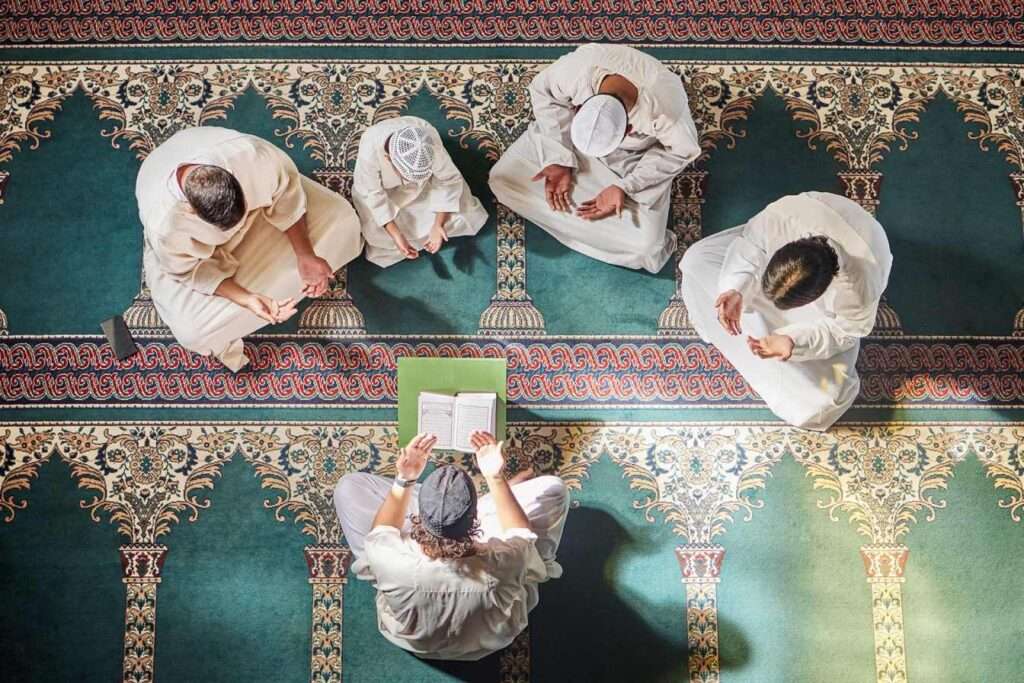
Madrasah education serves as a cornerstone in the spiritual and academic upbringing of Muslim students, providing them with a deep understanding of Islamic teachings alongside conventional education. To maximize the benefits of this educational system, it is crucial to adopt strategies that enhance the learning process. Here are six essential tips to ensure effective learning in Madrasah.
1. Embrace a Blended Learning Approach
Incorporating a blended learning approach can dramatically enhance the learning experience in Madrasahs. This method combines traditional classroom settings with online resources and activities, offering students the best of both worlds. Online tools can provide interactive content such as videos, quizzes, and games that make learning more engaging. Moreover, this approach allows for the flexibility to review content at home, ensuring students can learn at their own pace and solidify their understanding of complex topics.
2. Focus on Interactive Learning
Interactive learning techniques are key to maintaining student engagement and facilitating deeper understanding. Techniques such as group discussions, project-based tasks, and role-playing activities not only make learning more enjoyable but also encourage critical thinking and problem-solving skills. In Madrasah settings, where religious and secular subjects are taught, these methods can be particularly effective in teaching complex religious laws and principles in a memorable and impactful way.
3. Regular Assessment and Feedback
Regular assessments are crucial for effective learning in Madrasah. These do not have to be formal exams but can include quizzes, oral presentations, and class participation. Assessments help teachers identify areas where students excel or struggle, allowing for targeted interventions. Equally important is providing immediate and constructive feedback, which helps students understand their mistakes and learn from them, thereby improving their future performance.
4. Cultivate a Supportive Learning Environment
A supportive learning environment is vital for student success in any educational setting. In Madrasahs, where students might be dealing with the dual pressures of religious and secular studies, support from teachers and peers is even more critical. Encouraging a culture of kindness, understanding, and respect ensures that students feel safe and valued, which boosts their confidence and motivation to learn.
5. Leverage Technology Wisely
While traditional learning forms the backbone of Madrasah education, leveraging technology wisely can significantly enhance learning outcomes. Tools like educational apps for learning Arabic, Quranic software, and online platforms for collaborative projects can provide enriching supplementary content and support traditional teaching methods. However, it’s essential to use technology judiciously to enhance learning without causing distraction.
6. Encourage Parental Involvement
Parental involvement is another critical factor in effective learning in Madrasah. Parents who are engaged in their children’s education can reinforce learning at home, provide moral support, and ensure that children are balancing their religious and secular responsibilities effectively. Teachers should strive to build strong relationships with parents through regular communication, meetings, and workshops, which can foster a cooperative effort in the educational development of the students.
Conclusion
Adopting these six tips can significantly improve the effectiveness of learning in Madrasahs. By embracing a blend of traditional and modern teaching methods, fostering interactive and supportive environments, and engaging with parents, Madrasahs can provide a robust educational experience that nurtures both the intellectual and spiritual growth of students. Effective learning in Madrasah is not just about acquiring knowledge; it’s about developing a well-rounded personality that excels in all walks of life.
